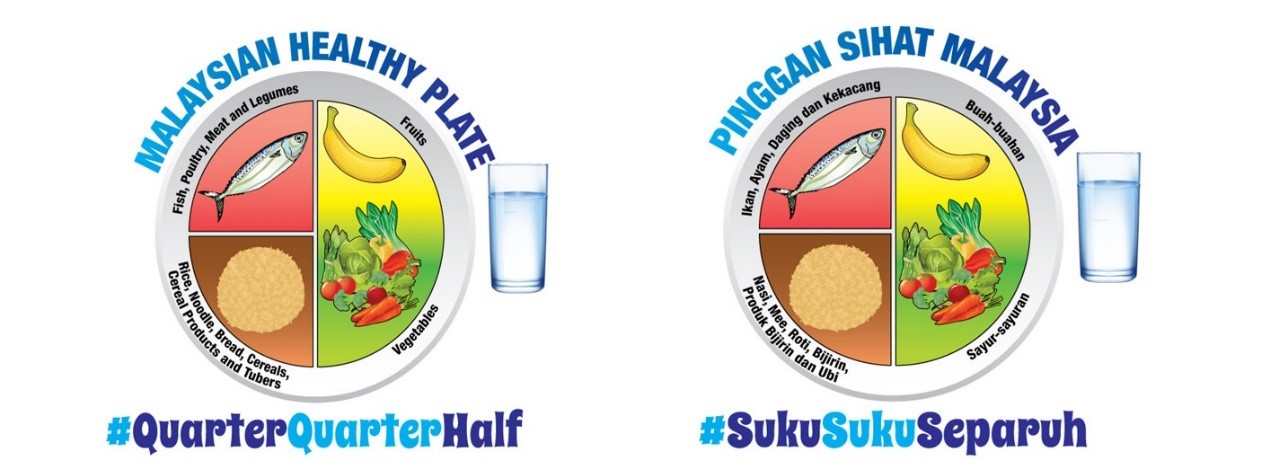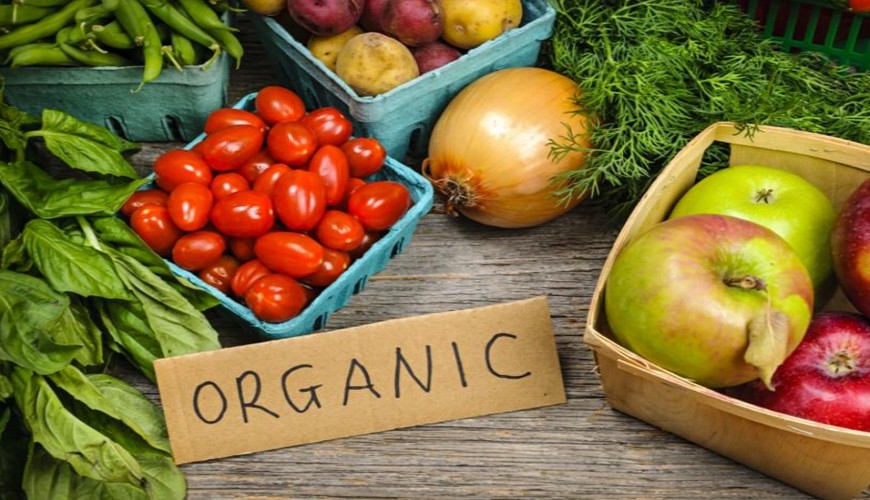Organic Food: Is It Truly Healthier?
Globally, there is a growing demand for organic food (1). However, in Malaysia, the organic food industry remains relatively small, with over 60% of organic food products being imported (2). This trend is changing as consumers become increasingly concerned about nutrition, health, and food quality. Key concerns are arising due to food crises related to pesticide residues on fresh produce, chemical contamination in dairy and seafood products, and the unregulated use of additives in processed foods (2).
Moreover, the rise in obesity, type 2 diabetes, and coronary heart disease has made people more aware of the impact of their dietary habits on their health. Some individuals also opt for organic produce due to environmental concerns and the threats posed by the use of pesticides in conventional farming (2).
Many consumers perceive organic produce as being healthier because it avoids synthetic fertilizers and pesticides. However, does this perception hold true? Is safe food equivalent to healthy food?

Before delving further, let's clarify what organic produce means:
"Organic farming employs natural methods to manage crops. Natural fertilizers like manure and compost are used to nourish the soil and plants, as opposed to synthetic fertilizers. Some go to great lengths to ensure that the manure comes from organically raised animals and the compost is derived from waste materials at organic locations. Instead of using chemicals and insecticides, organic farms use natural ingredients like enzymes or plant-based pesticides. They also practice companion planting, where certain plants known to repel insects, such as marigolds, are grown near crops (3,4)."
In Malaysia, the Department of Agriculture (DOA) is responsible for regulating the National Standard of the Organic Food Industry and conducts routine inspections and certification of organic produce. The Malaysia Agriculture Research and Development Institute (MARDI) actively engages in educating farmers on organic farming practices (2).
Hence, organic produce isn't necessarily healthier but does have lower levels of pesticide residue due to environmentally friendly farming practices compared to conventional produce (4). Studies indicate that organic produce contains one-third of the pesticide residue found in conventional produce on the market (4). However, both types of produce have safe levels of pesticide residue, making them suitable for consumption.
Determining whether a specific food is healthy cannot solely depend on whether it is grown organically or conventionally. Several factors come into play. It's crucial to remember that there is no universally "healthy" food; what's healthy for one person may not be for another. Even the same food can be considered healthy or unhealthy based on portion consumption. For instance, chicken is healthy, but consuming two whole chickens daily is not. Healthy food is a concept encompassing moderation, nutritional value, dietary variety, balance, and individual health or medical conditions.

To assess the actual impact of organic food consumption on health, a systematic review was conducted on the nutritional-related health effects of organic foods, with a focus on whether organic production methods resulted in higher nutrient concentrations and different health responses, such as cancer markers or the bioavailability of compounds used in cancer prevention (1).
The results of this review, which compared 12 studies, primarily reported antioxidant activity. While antioxidant activity is a valuable biomarker potentially relevant to human health, it isn't a direct health outcome. In fact, the link between the concentration of antioxidants and human health is complex, requiring cautious interpretation (1).
In summary, it is safe to assert that organic food is safer to consume compared to conventional produce in terms of pesticide residues. However, when considering the overall healthiness of food, it is important to emphasize moderation, variety, and balance in one's diet. Organic or not, these principles remain central to a healthy dietary lifestyle.

References
- Dahgour D., Lock K., Hayter A., Aikenhead A., Allen E., Uauy R. (2010). Nutriton – Related Effects of Organic Foods: A systematic Review. American Society for Nutritions Journal. 2020; 92: 203-10
- Somasundram C., Razali Z., Santhirasegaran V., (2016). A Review on Organic Food Production in Malaysia. Horticulturae (MDPI)
- Datuk Dr, Nor Ashikin Mokhtar. The Star. Understanding Organic labels (2014). https://www.thestar.com.my/lifestyle/viewpoints/womens-world/2014/01/12/understanding-organic-labels (Accessed May 4, 2020)
- Is Organic Food Better For You (n.d). https://www.webmd.com/food-recipes/features/organic-food-better#1 (Accessed May 4, 2020).




